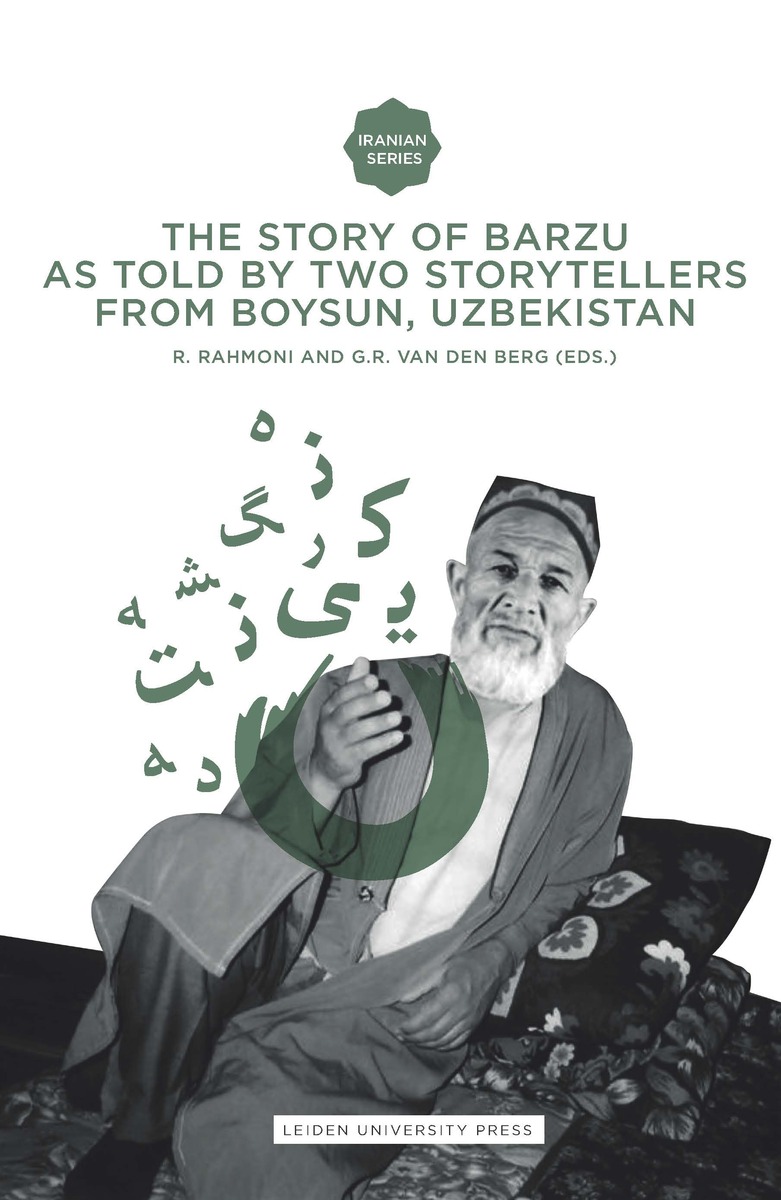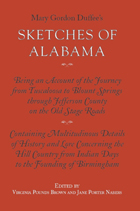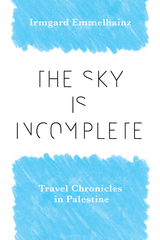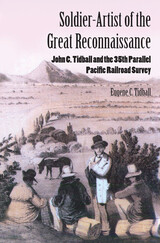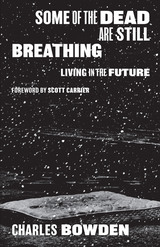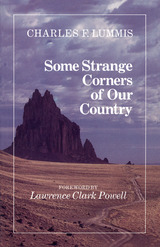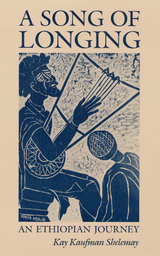The Story of Barzu: As told by two storytellers from Boysun, Uzbekistan
Amsterdam University Press, 2013
eISBN: 978-94-006-0035-5 (PDF)
See other books on: Language Study | Middle Eastern | Persian | Story | Uzbekistan
See other titles from Amsterdam University Press
eISBN: 978-94-006-0035-5 (PDF)
ABOUT THIS BOOK | AUTHOR BIOGRAPHY | REVIEWS | TOC
ABOUT THIS BOOK
The storytellers Jura Kamol and Mullo Ravshan composed two different versions of the story of Barzu in the Tajik as spoken in this area. This is the first printed version including a translation of these stories to appear.
See other books on: Language Study | Middle Eastern | Persian | Story | Uzbekistan
See other titles from Amsterdam University Press
